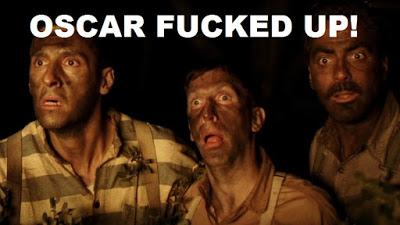Irene Dunne: Cimarron
Norma Shearer: A Free Soul
Ann Harding: Holiday
Marie Dressler: Min and Bill (winner)
Marlene Dietrich: Morocco
What’s Missing
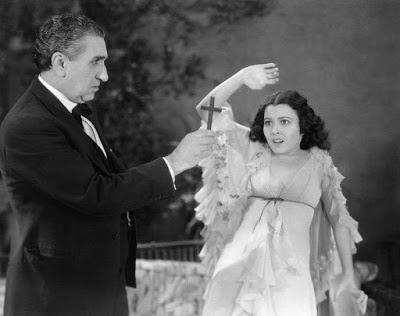
These early years are difficult for me, since I’m never sure what is eligible and what isn’t. That, and the fact that my viewing in these years tends to be pretty limited. In this case, my two suggestions are ones that were unlikely to be picked up. The first is Marlene Dietrich in Der Blaue Engel, the film she really should have been nominated for. The second is Lupita Tovar for the Spanish version of Dracula, in many ways better than the Lugosi version, and with a much more substantial role for her.
Weeding through the Nominees
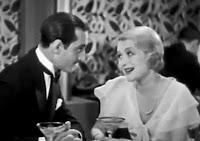
5. I don’t really remember Holiday that well. This is a movie loaded with rich, white people problems, like having so much money that there’s pressure to make more rather than going on an extended vacation. I’m not kidding. Perhaps a bigger issue with the nomination for Ann Harding is that I remember a young Mary Astor more than I do her, and that’s never going to be a good sign for an Oscar-nominated performance. Oscar was far too short-sighted to nominate a foreign language performance in these early years, so we got stuck with this one.
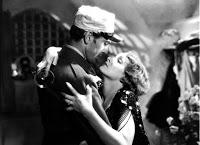
4. There’s a reason I suggested that Marlene Dietrich was nominated for the wrong film, and that main reason is that Morocco is a bore. The selling point of the film, aside from an exotic location, is the romance between Dietrich and Gary Cooper. Despite a lot of mooning about and sighing, there isn’t a sprig of chemistry between the two of them, It’s kind of a shame, too, because there’s at least some potential here for an interesting film. Is it miscast? Was it poorly directed? I don’t know; I just know that I’d much rather have Marlene here for Der Blaue Engel.

3. Norma Shearer’s role in A Free Soul is interesting in the sense that in many ways she gives a modern performance. It’s not in all ways, of course. There are a few reaction shots from her that are a baby step away from her being tied to a railroad track by a guy with a Snidely Whiplash moustache. Still, that’s one of the only interesting things about A Free Soul, so it’s the first of these nominations I at least marginally understand. And yet there’s nothing really that special or noteworthy about it. It’s ultimately just kind of there.
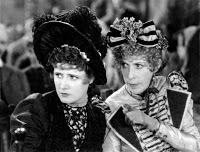
2. Of all of these movies, Cimarron is my least favorite. That said, aside from the opening land rush scene, Irene Dunne is far and away the best part of the movie and the only part of the movie worth remembering. Dunne’s Sabra is the heart and soul of the picture, and when her husband pisses off into the wilderness time and time again, it’s her concerns and fears that we as the audience see and deal with. It’s not a movie I really want to watch again any time soon, but if I did, she’d be a big reason why.
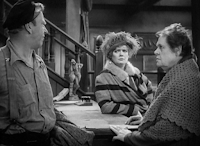
1. What we’re going to have is another one of those cases where Oscar picked as well as it could have given our five choices, but should have had a wider scope on the nominations. There’s a reason that Marie Dressler was the biggest star of her era despite looking like the cafeteria lady. When called upon to be sympathetic, there was no one better than she. While a great deal of her role looks and feels clichéd now, it wasn’t at the time, and viewed through that lens, it’s a hell of a performance. Based on our five nominations, Oscar went the right way.
My Choice
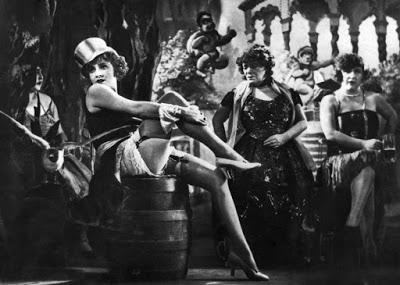
Truthfully, I don’t hate Marie Dressler’s win, and I think it’s great that she won an Oscar in her career. With a more robust collection of nominations, though, we’d have Marlene Dietrich nominated for the right film, and her depiction of Lola Lola would be the one we’re talking about winning a gold statue.
Final Analysis
